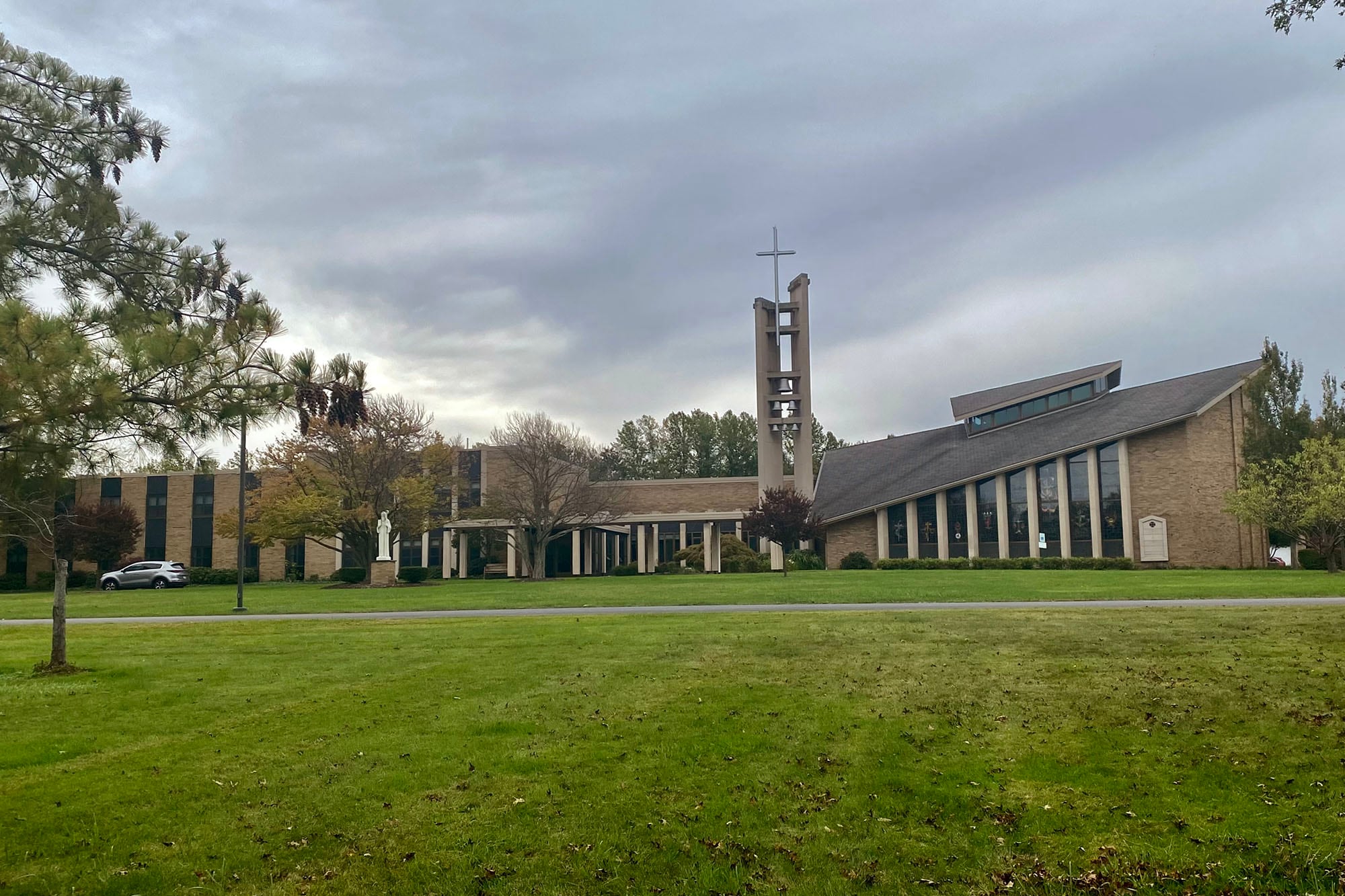Votebeat is a nonprofit news organization reporting on voting access and election administration across the U.S. Sign up for Votebeat Pennsylvania’s free newsletter here.
As the 2024 presidential election approached, tensions were high, and activists were, once again, hunting for fraud.
Cliff Maloney, a Republican activist working to get GOP voters to return their mail ballots, said on the social network X that one of his door-to-door canvassers had discovered an address in Erie, Pennsylvania, that had no residents but 53 voters registered to it.
“Turns out it’s the Benedictine Sisters of Erie and NO ONE lives there,” he wrote in a post that went viral, adding that he would not let “Dems count illegal votes.”
But that wasn’t true. And Maloney found himself being called out by the nuns, who didn’t appreciate being accused of fraud.
“We do live at Mount Saint Benedict Monastery and a simple web search would alert him to our active presence in a number of ministries in Erie,” Sister Stephanie Schmidt, of the Benedictine Sisters of Erie, said in a statement, calling Maloney’s post “blatantly false.”
Now, the sisters are being honored with an award from the National Association of Secretaries of State for their efforts to push back against misinformation. The 2025 Margaret Chase Smith American Democracy Award honors recipients for “individual acts of political courage, uncommon character and selfless action in the realm of public service.”
Secretary of the Commonwealth Al Schmidt, who is not related to Sister Stephanie Schmidt, nominated the sisters.
“The Sisters thoughtfully confronted the baseless claims and used their time in the spotlight to warn the public that ‘a free republic depends … on a discerning and conscientious citizenry who do not unquestioningly accept the word of anyone who has a social media platform,’” Secretary Schmidt said in a statement.
The award will be presented at the 2026 NASS winter conference in Washington, D.C.
Votebeat and Spotlight PA recently spoke with Sister Linda Romey, director of communications for the monastery, about its response to the accusations and the lessons of the experience.
Romey told Votebeat and Spotlight PA that in addition to the statement it put out, the monastery invited Maloney to visit — an invitation that still stands — but he has yet to come.
This interview has been edited for brevity and clarity:
How did you first become aware of Maloney’s post? What was your reaction?
I came into work, and we have a very large email list and have friends across the country. So people who know who we are and what we stand for saw this post, and they were emailing me and Stephanie Schmidt, who was our prioress, our elected leader at the time. … So Stephanie called and she said, ‘How should we respond?’ And I said I think we should put out a press release and address this.
Pennsylvania was a battleground state, a very key battleground state in the election, and Erie County was key to Pennsylvania. So we knew that everything here would be scrutinized, and in addition to just wanting to counter what was blatantly false, we wanted to contest that. But we also knew that if Kamala (Harris) were to win the election and then her victory be contested, we didn’t want to become any part of that saying, you know, here’s 50 some false votes that the Democrats came up with and because nobody lives here. We wanted on record that we contested the falsehood immediately.
What kind of response did you get?
Overwhelming support, overwhelming. We don’t have an X account, so friends were telling us how the numbers were climbing on the views and the shares, or whatever they call them at X, but even on our social media pages, the support just continued to grow, and then we started getting phone calls. We had more than 25 media outlets contact us over the course of a couple of weeks.
Secretary Schmidt called and spoke with our prioress, Stephanie Schmidt, and offered his support, as did our local election officials. We were in touch with them, and they did support us. Our local mayor knows us and supports us. And other local political figures were behind us also. They all know us, and they know what we do in the city of Erie, and they spoke on our behalf. So yes, we were very, very well supported.
What lessons do you hope others will take away from your experience?
To stand up for truth. Not to back down … if you fall victim to this. But the other thing is, read with conscious discernment. Everybody needs to look at something and read something and then do the necessary background work to know whether or not something should be believed. Because it seems to me that as soon as something is out on social media, it’s taken for fact or for truth, and things are very rarely just that black and white. There’s always room for question, for more information.
Carter Walker is a reporter for Votebeat in partnership with Spotlight PA. Contact Carter at cwalker@votebeat.org.





